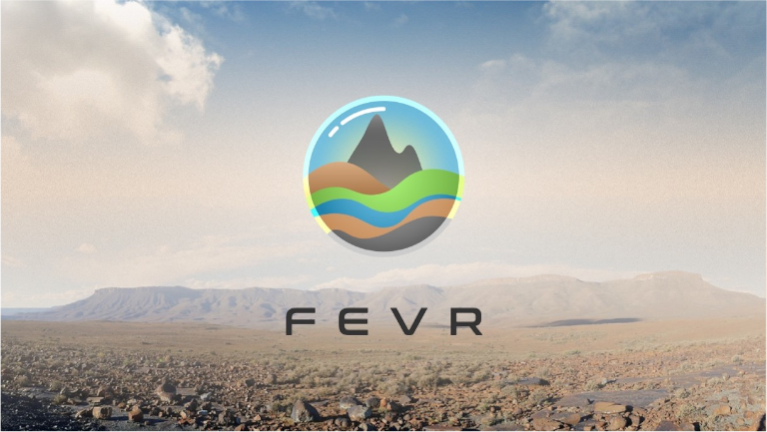FEVR: the virtual reality field experience
Funder
Coventry University Investing in Research Grant
Value
£9,859.59
Collaborators

Dr. Bianca Wright (Coventry University, Centre for Postdigital Cultures, Assistant Professor)
Dr. Gaathier Mahed (Pr.Sci.Nat; MRSSAf; Nelson Mandela University, Senior Lecturer)
Darren Berkland (Coventry University, Centre for Postdigital Cultures, PhD PGR)
James Berkland (Nelson Mandela University, PGR)
Project objectives
The FEVR (Field Experience in Virtual Reality) project is an international, interdisciplinary collaboration between Coventry University’s Centre for Postdigital Cultures and Nelson Mandela University’s Department of Geosciences. The team will develop a virtual reality field experience of various geological sites in South Africa’s Eastern Cape region using 360 photography and video.
FEVR will be created for an engagement with pedagogic development and hands-on Earth Science education in South African universities and schools. The objective is to create a financially viable education platform to inform students and learners of their world and the land they live upon. Further, the experiences will allow students at a variety of levels to engage with important topics such as climate change and ecological history to better understand their place in the world and potentially foster an environmentally conscious attitude.
FEVR will create experiences of three sites (Skoenmakerskop, The Valley of Desolation, and Lootsberg Pass). Information about the sites, their geographical history and their surroundings will be provided by Nelson Mandela University and implemented into the VR platform by Coventry University. To accommodate the complex educational landscape of South Africa, the experience will be available in English and isiXhosa (with the view of expanding into other languages in subsequent rounds).
Objectives include:
- Development of an open-access, virtual reality geoscience education platform – We aim to develop FEVR to be accessible to students and teachers at both the level of production and dissemination. The platform is to support education at a variety of levels with both pedagogical and andragogical engagement. The use of 360 cameras will be an additional skillset transferred to our students and will aid in their development, particularly in a South African context.
- Introduce geoscience to a new generation of young learners – The new accessibility will allow students at a variety of levels to engage with the often-invisible discipline of geoscience. We argue that FEVR would allow students to not only engage with their world but become readily embodied in it which will in turn develop a conscientious attitude towards important topics such as climate change.
- Development of a STEAM centred, international, interdisciplinary relationship – This cross collaboration and interdisciplinary research will also aid in removing barriers related to limited perceptions around the possibilities of the arts and sciences working together. Furthermore, it is felt that the publications will help the body of knowledge and contribute towards a paradigm shift in the pedagogy of the Earth Sciences in general.
Impact
This pilot would be an ideal prototype for a larger project on student-led crowdsourced learning experiences in VR that speak to the STEAM agenda. Current funding targets include the British Academy’s Knowledge Frontiers grant, which “supports projects which engage with questions concerning the relationship between expertise, public understanding and policy delivery, and highlight the importance of collaboration between communities of practice, disciplines, capacities and borders” (British Academy 2019).
The broader project would look at ways to facilitate peer learning by empowering students to create their own fieldwork experiences using 360 video and Unity and share it on FEVR’s open access platform, so that these collaborative VR experiences can reach broader groups. In addition, the project will seek to connect with government in South Africa to examine ways in which the project can positively impact teaching and learning in the earth/geological sciences.
Such learnings would be disseminated through our own platform, through advocacy with local geological associations, through government ties, and through traditional academic journal outputs.




